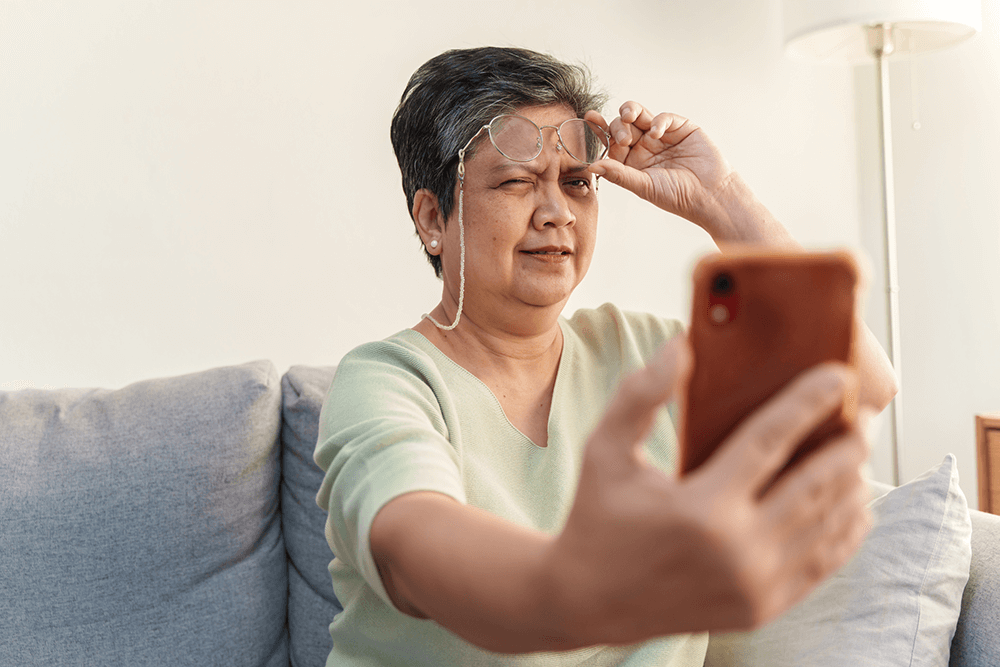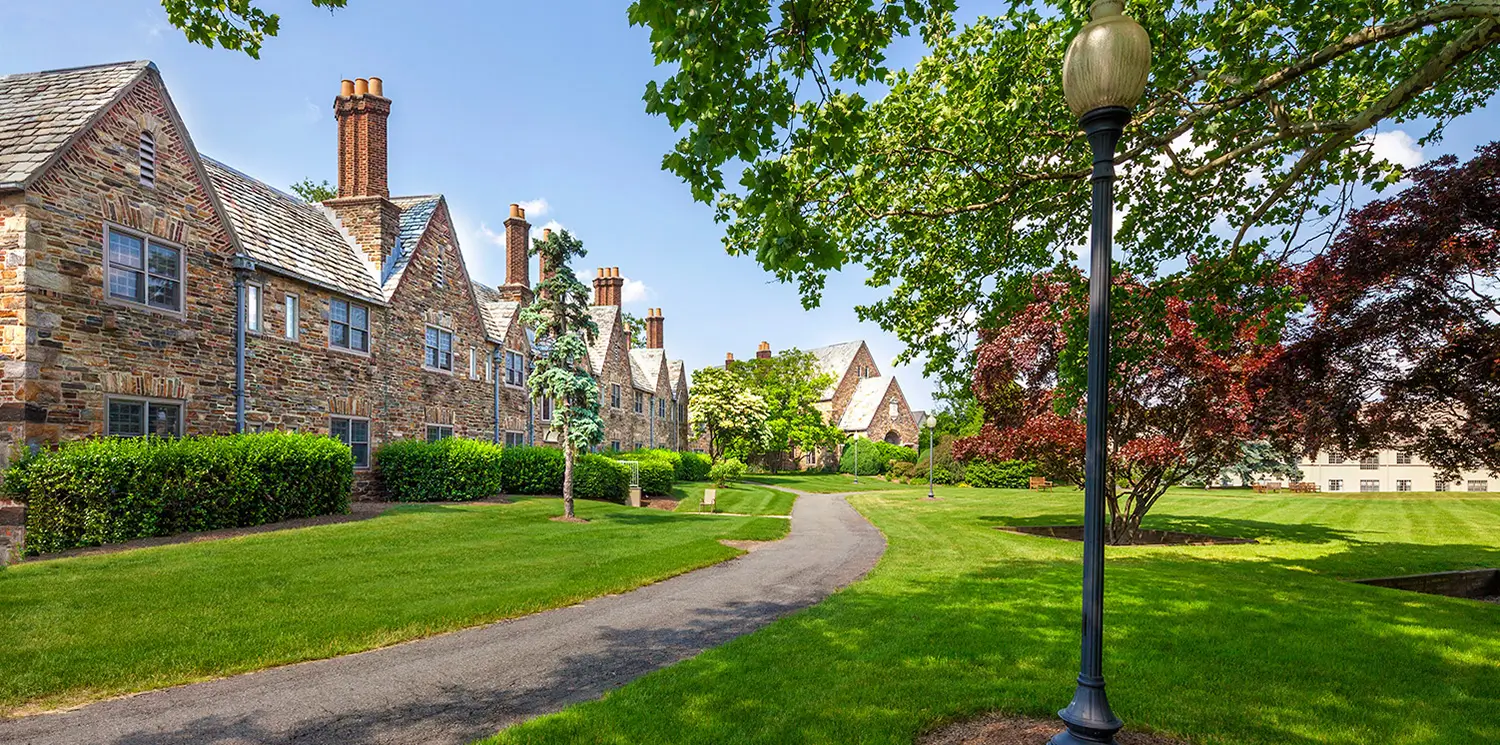Recognizing the Early Signs of Vision Loss
September 21, 2022
Although you might associate vision loss with aging, dealing with vision loss isn’t something that has to happen as you get older. The key to keeping your eyesight is recognizing the early signs of vision loss and getting prompt medical treatment, especially if you have certain risk factors.
Risk factors and early signs of vision loss
According to the American Society of Retina Specialists (ASRS), age is not the only risk factor. If you have a family history of early macular degeneration, especially from a parent, you have a higher risk of developing vision problems. Certain health conditions also put people at risk, such as the following:
- Excessive sun exposure
- High blood pressure
- Obesity
- Poor dietary habits
- Smoking
You can mitigate some of the risks by changing your lifestyle and habits. For example, people who eat a diet rich in fruits and vegetables have fewer problems with their vision. Foods that promote good eye health include carrots, sweet potatoes, green leafy vegetables, salmon, flax seeds, and walnuts. A healthy diet also helps you maintain a healthy weight and lowers your risk of obesity.
Also, protect your eyes by wearing quality sunglasses if you enjoy spending time outdoors. The best sun protection blocks 99-100% UVA and UVB rays.
Knowing your risk level is essential, as is recognizing the signs of vision loss. If you’re a senior, you might dismiss poor vision, not giving it as much attention as it deserves because you assume it’s something that comes with age, like wrinkles or gray hair. However, taking no action can lead to more serious problems such as blindness, which the Centers for Disease Control (CDC) says “increases rapidly with age among all racial and ethnic groups, particularly after age 75.”
If you notice any of the following issues with your vision, you could be in the early stages of experiencing vision loss:
- You have cloudy vision. This problem is an early sign of cataracts, which affects one in five adults over the age of 65.
- You have sudden eye pain. This is a possible sign of glaucoma, especially if you’re over sixty, have diabetes, and have a family history of glaucoma. Ophthalmologists recommend that people who fall into this high-risk category have their eyes dilated and examined every two years.
- You see floaters, spots, or flashes. These are signs of a retinal detachment that distorts your field of vision.
- You suffer from chronic red and watery eyes. When the cornea is damaged, you might have these problems.
- Blind spots begin to appear. If you have diabetes, you’re at a greater risk of developing diabetic retinopathy, with the first symptoms being blind spots, floaters, and blurred vision.
- You lose your central field of vision. An early sign of macular degeneration, most people with this problem have trouble seeing people’s faces.
- You have distorted central vision loss. Macular holes cause this problem and are more likely to appear in people aged 60 and older.
- You see double. This condition is called diplopia and is linked to conditions such as diabetes, eye muscle trauma, and Grave’s disease when it occurs in both eyes. If you’re seeing double in one eye, the problem could be retinal problems or cataracts.
What to do when early signs of vision loss appear
If you’re a senior showing early signs of vision loss, make an appointment with an ophthalmologist immediately. The longer you delay diagnosis and treatment, the more likely your eye problems will worsen. “Early diagnosis and care can often stop the progression of age-related macular degeneration,” says the ASRS.
Advanced breakthrough treatments make it easier to protect your vision. Innovative imaging technology can detect problems in their earliest stages, sometimes even before you notice a problem—which is a great reason to schedule yearly vision appointments with an eye professional.
Even if problems have progressed, treatments like eye injections with anti-VEGF can prevent vision loss from worsening and leading to blindness.
How to help a loved one with vision loss
Are you a family member or friend of a loved one exhibiting signs of vision loss? It’s not always easy to speak with loved ones about this issue. Often, people don’t want to admit their vision loss, but being vigilant and attentive to the matter can improve your loved one’s daily life and keep them safe.
Correcting vision loss or preventing it from worsening can preserve your loved one’s independence, which will help them to continue driving or living alone, for example. Helping your loved one recognize signs of deteriorating vision and getting them the medical attention they need also allows them to keep their dignity and, most importantly, their eyesight.
The skilled care team at Winchester Gardens is dedicated to helping residents get the most out of the luxury lifestyle our senior living community affords. Discover our full spectrum of senior care.




